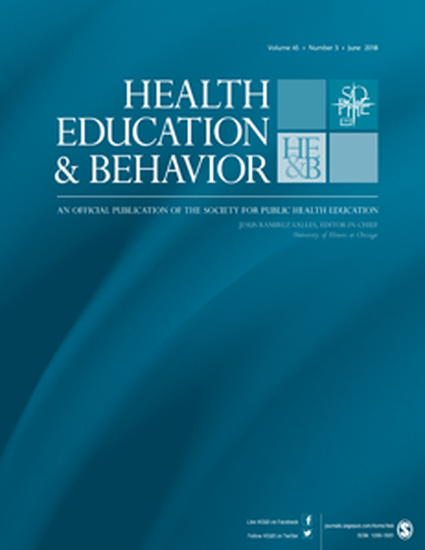
Article
Family Health History Communication Networks of Older Adults: Importance of Social Relationships and Disease Perceptions
Health Education & Behavior
(2013)
Abstract
Older individuals play a critical role in disseminating family health history (FHH) information that can facilitate disease prevention among younger family members. This study evaluated the characteristics of older adults and their familial networks associated with two types of communication (have shared and intend to share new FHH information with family members) to inform public health efforts to facilitate FHH dissemination. Information on 970 social network members enumerated by 99 seniors (aged 57 years and older) at 3 senior centers in Memphis, Tennessee, through face-to-face interviews was analyzed. Participants shared FHH information with 27.5% of the network members; 54.7% of children and 24.4% of siblings. Two-level logistic regression models showed that participants had shared FHH with those to whom they provided emotional support (odds ratio [OR] = 1.836) and felt close to (OR = 1.757). Network-members were
Keywords
- common diseases,
- communication networks,
- family health history,
- older adults,
- social relationships
Disciplines
Publication Date
October, 2013
DOI
10.1177/1090198112473110
Citation Information
Sato Ashida, Kimberly A. Kaphingst, Melody Goodman and Ellen J. Schafer. "Family Health History Communication Networks of Older Adults: Importance of Social Relationships and Disease Perceptions" Health Education & Behavior Vol. 40 Iss. 5 (2013) p. 612 - 619 Available at: http://works.bepress.com/ellen-schafer/7/
